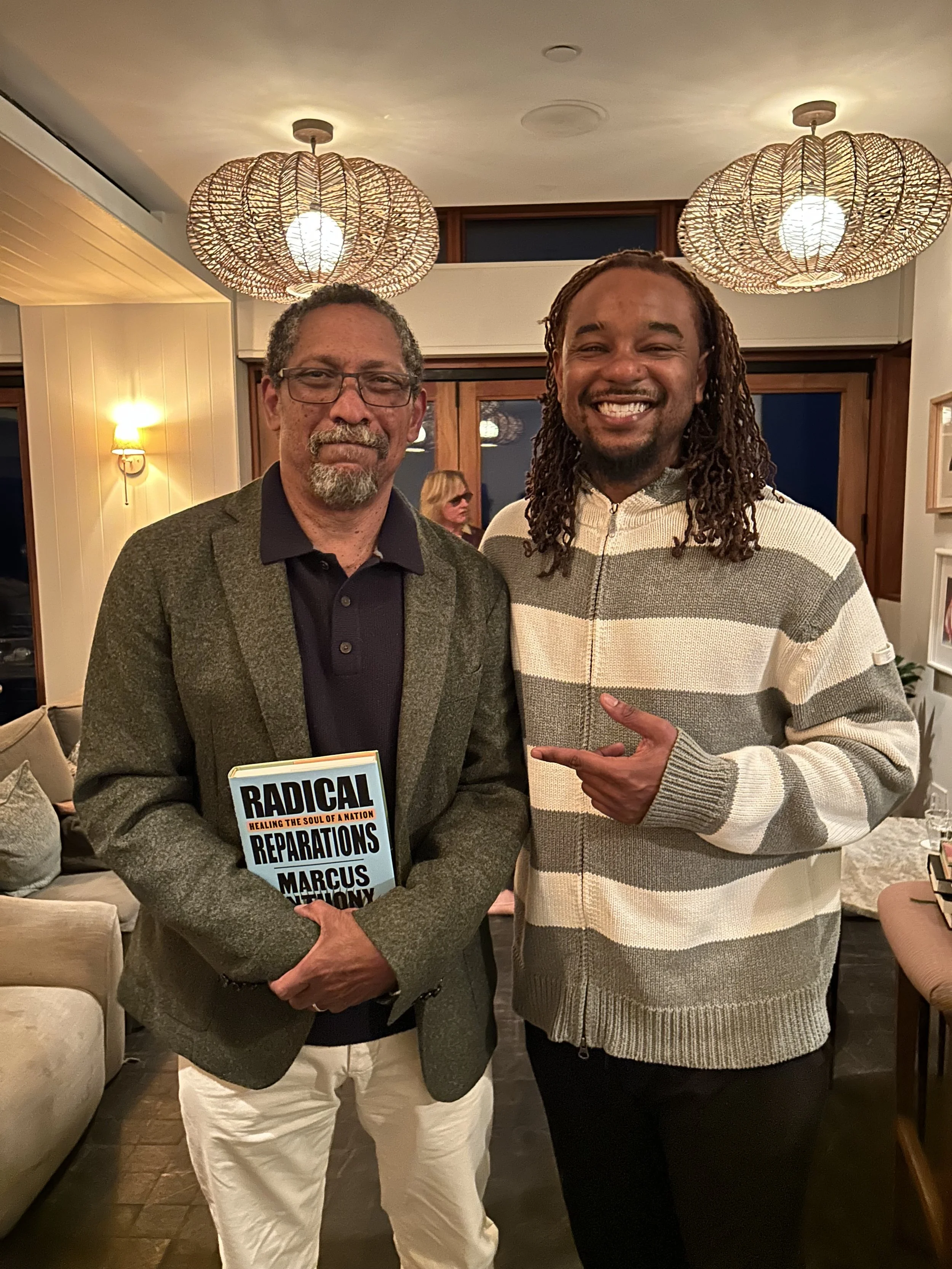Radical Reparations
Chocolate Cities
From Central District Seattle to Harlem to Holly Springs, Black people have built a dynamic network of cities and towns where Black culture is maintained, created, and defended. But imagine—what if current maps of Black life are wrong?
Chocolate Cities offers a refreshing and persuasive rendering of the United States— a “Black map” that more accurately reflects the lived experiences and the future of Black life in America. Drawing on film, fiction, music, and oral history, Marcus Anthony Hunter and Zandria F. Robinson trace the Black American experience of race, place, and liberation, mapping it from Emancipation to now.
As the United States moves toward a majority-minority society, Chocolate Cities provides a provocative, broad, and necessary assessment of how racial and ethnic minorities make and change America’s social, economic, and political landscape.
Publication, January 10, 2018
The New Black Sociologists
The New Black Sociologists follows in the footsteps of 1974’s pioneering text Black Sociologists: Historical and Contemporary Perspectives, by tracing the organization of its forbearer in key thematic ways.
This new collection of essays revisit the legacies of significant Black scholars including James E. Blackwell, William Julius Wilson, Joyce Ladner, and Mary Pattillo, but also extends coverage to include overlooked figures like Audre Lorde, Ida B. Wells, James Baldwin and August Wilson - whose lives and work have inspired new generations of Black sociologists on contemporary issues of racial segregation, feminism, religiosity, class, inequality and urban studies.
Publication,July 3, 2018
Black Citymakers
W.E.B. DuBois immortalized Philadelphia's Black Seventh Ward neighborhood, one of America's oldest urban Black communities, in his 1899 sociological study The Philadelphia Negro. In the century after DuBois's study, however, the district has been transformed into a largely white upper middle-class neighborhood.
Black Citymakers revisits the Black Seventh Ward, documenting a century of banking and tenement collapses, housing activism, Black-led anti-urban renewal mobilization, and post-Civil Rights political change from the perspective of the Black Seventh Warders. Drawing on historical, political, and sociological research, Marcus Hunter argues that Black Philadelphians were by no means mere casualties of the large-scale social and political changes that altered urban dynamics across the nation after World War II. Instead, Hunter shows that black Americans framed their own understandings of urban social change, forging dynamic inter- and intra-racial alliances that allowed them to shape their own migration from the old Black Seventh Ward to emergent Black urban enclaves throughout Philadelphia. These Philadelphians were not victims forced from their homes - they were citymakers and agents of urban change.
Black Citymakers explores a century of socioeconomic, cultural, and political history in the Black Seventh Ward, creating a new understanding of the political agency of Black residents, leaders, and activists in twentieth-century urban change.
Publication, April 15, 2015









